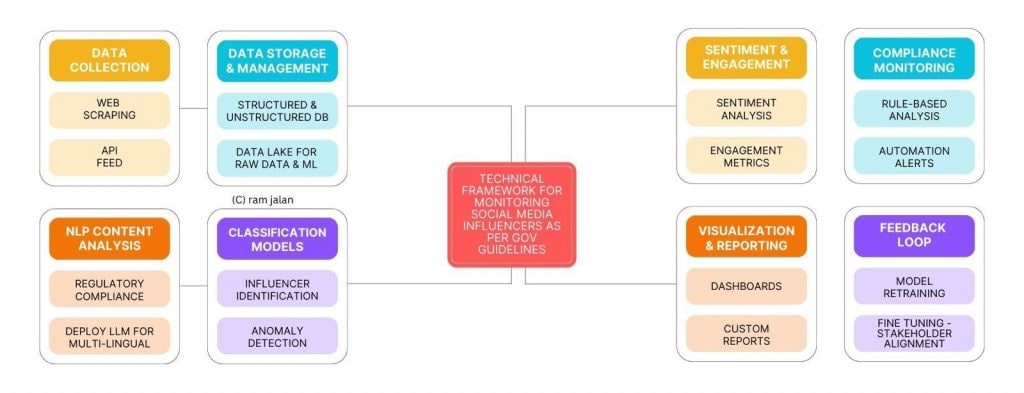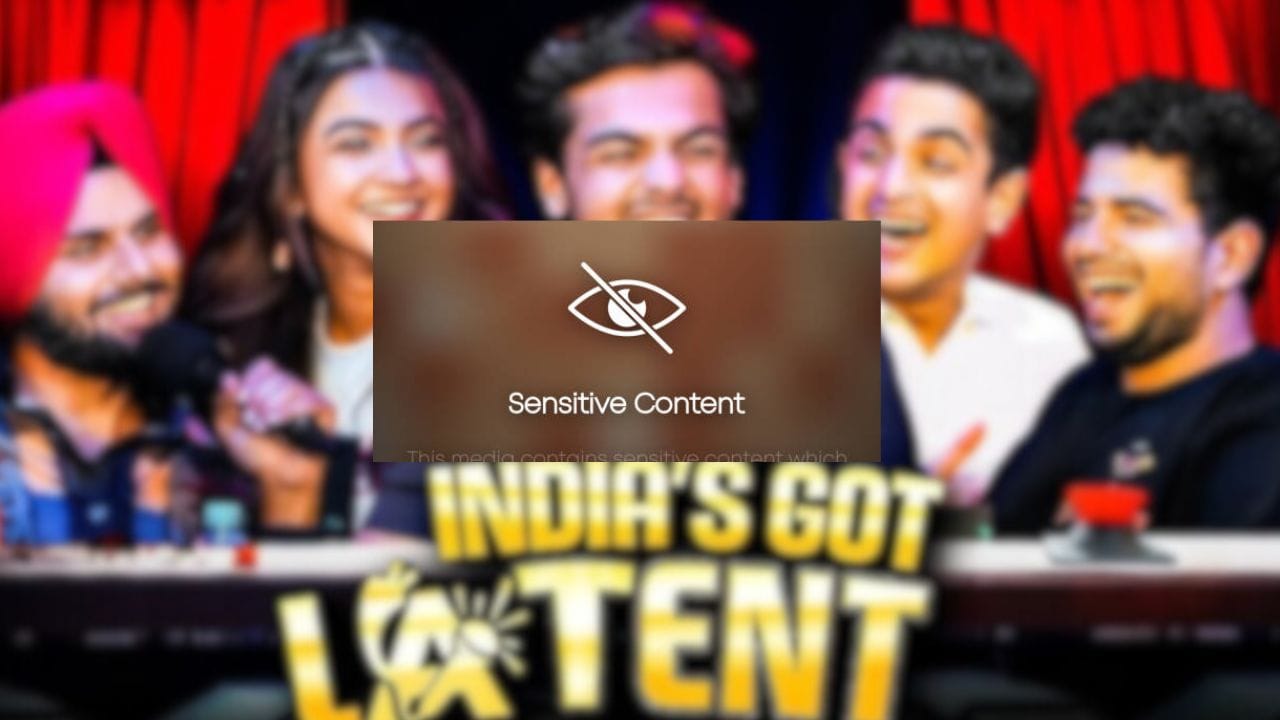As challenges mount for Ranveer Allahabdia with the Supreme Court slamming him for his choice of words during a YouTube show and restricting him from doing more shows, top media voices are also questioning the role of digital platforms in regulating content.
Calling out the ‘big-tech’ giants as real culprits, many have remarked that digital platforms like YouTube take cover under digital intermediary laws that allow them to flout all responsibility and accountability, and let them favour sensationalism over substance.
Digital platforms like YouTube are more than just content hosts — they shape online discourse and influence creator behavior.
“When algorithms favor sensationalism over substance, creators often find themselves in a cycle of provocation for relevance”, points out Ram Jalan, a Digital Transformation leader based in the Middle East.
While AI moderation, human oversight, and community reporting are essential safeguards, they remain reactive. The real change lies in rethinking platform incentives — rewarding ethical content, embedding responsible AI, and making transparency the norm, not an afterthought.
“If platforms truly want to be neutral, they must ensure their algorithms don’t silently dictate what thrives. Accountability isn’t just about takedowns; it’s about redesigning the system to balance engagement with responsibility,” Jalan shares.

It is to be noted that the Information Technology Act, 2000 along with the Information Technology (Intermediary Guidelines and Digital Media Ethics Code) Rules, 2021 provides the legal framework for regulation of content on platforms.
However, digital platforms cannot be expected to proactively regulate content on their platforms. The legality of the content has to be judged by Courts, notes Prasanth Sugathan, Legal Director, Software Freedom Law Centre India.
An intermediary needs to take down content only on receipt of a Court Order or on being informed by the appropriate government or its agency.
Of course, all major platforms provide options to report content and users can report content that they consider to be illegal or against the terms of service of the platform. Users also have the option to appeal against the decision of the platform to the Grievance Appellate Committee formed by the Government.
Following the recent Ranveer Allahbadia controversy, on February 19, the Ministry of Information and Broadcasting (MIB) issued an advisory directing OTT platforms to comply with regulations and refrain from publishing obscene, pornographic, or vulgar content on online curated content (OTT platforms) and social media. This is second advisory issued for OTT platforms by MIB in last two months.
While the Ministry of Electronics and Information Technology (MeitY) and MIB hold statutory authority to take action against content that violates public decency standards, regulatory responses often vacillate between safeguarding free speech and cracking down on vulgarity, experts note.
Creators- Victim Of Algorithms?
According to Anupam Mittal, Founder and CEO of People Group, not only YouTube should be summoned to the top court for carrying obscene and vulgar content with total impunity, but Allahbadia and Samay Raina, Apoorva Mukhija (and others like them) are actually the victims who are caught in an endless cycle of provocation for their relevance and survival, on social media.
Relevance is a currency, and social media is the stock market where everyone is trying to stay afloat.
Creators like Allahbadia, Samay Raina, and Apoorva are continuously provoked, baited, and drawn into controversies because algorithms thrive on outrage. However, Amit Tandon, singer, actor and content creator, notes that they also share the responsibility, as they certainly do understand what fuels engagement.
Read more: MIB warns OTT platforms against publishing obscene, pornographic content
“If you don’t play along, you risk becoming irrelevant. If you do, you’re accused of being a sellout. It’s a no-win situation. But here’s the real question- when did we stop caring about the art and start measuring people’s worth by how much noise they generate online?”
While many think structured channels of censorship will not work for digital platforms like YouTube, Utpal Acharya, CEO, Content Engineer, suggests if all creators and content owners align to guidelines put forth by the industry itself, one will have a far more streamlined environment out there.
“Any public personality should speak with responsibility and dignity. They are called influencers because they influence people. If resorting to subversive comments is a survival tactic then why are we not opening up porn on social media, everyone associated with that industry in that case also deserves to survive,” he concludes.
The rise of such content is symptomatic of a deeper societal malaise, experts contend, as the digital realm becomes increasingly dominated by sensationalism and moral ambiguity. The prioritisation of shock value over substantive discourse in content creation is a worrying trend that, according to some, signals the collapse of ethical boundaries in the pursuit of online virality.
